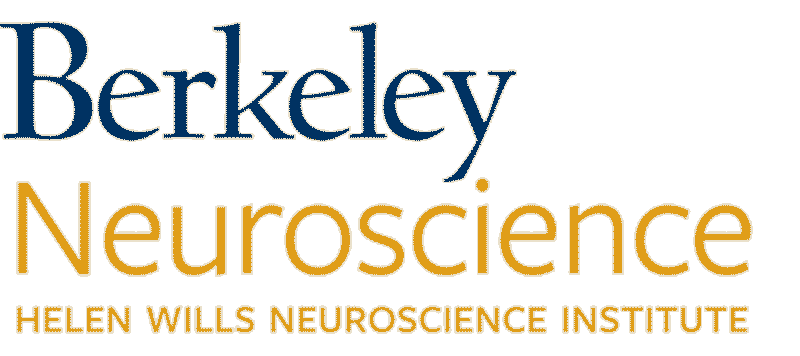
Ellen Lumpkin (photo by John Pinderhughes)
The Helen Wills Neuroscience Institute (HWNI) is pleased to announce that Ellen Lumpkin, professor of cell biology, development and physiology in the department of Molecular and Cell Biology, is the winner of the 2023 Rennie Fund for the Study of Epilepsy. Lumpkin will receive a one-year $50,000 award for the project described below. The Rennie Fund was created in 1962 as the result of a bequest from the Mary Elizabeth Rennie Trust to support research on epilepsy.
Read about the winning proposal:
Identifying Susceptibility Genes for Reflex Seizures
Ellen Lumpkin
Professor of Cell Biology, Development and Physiology
Department of Molecular and Cell Biology
Research Focus: To elucidate force transduction mechanisms that initiate the senses of touch and pain.
Reflex seizures are epileptic brain activity that is reliably triggered by a particular sensory input. Reflex seizures occur in ~5% of people living with epilepsy, and up to 30% of individuals with genetic epilepsy syndromes1. Interestingly, once an individual develops reflex seizures, the same sensory trigger will consistently evoke reflex seizures; however, triggers vary widely between individuals. In most cases, triggers are simple sensory stimuli, such as a flashing light, a specific tone or intensity of sound, or rubbing/tapping a particular skin area. In other cases, reflex seizures are induced by more complex stimuli or activities. These include objects, such as a toothbrush or towel, a particular passage of music, or actions such as bathing, eating, or reading2, 3. Despite their predictability and prevalence, the mechanisms that cause reflex seizures are poorly understood. The first-line treatment for reflex seizures is to avoid the trigger; however, this is not possible for individuals with complex triggers such as eating or thinking. Moreover, even simple sensory triggers are difficult to avoid in our technology-rich world. Thus, additional therapeutic strategies are needed for effective reflex-seizure prevention. To identify potential druggable targets, this research will analyze genetic mechanisms that govern reflex seizures. We will use nature’s mutagenesis — the natural variation between genetically distinct mouse strains — to identify key players in reflex seizures induced by auditory or tactile stimuli. We will correlate seizure susceptibility and severity with the levels of gene expression in the neocortex to identify mechanisms that are shared between these different reflex-seizure types, thus identifying candidate targets for development of therapeutics that might be used broadly for prevention of reflex seizures. Additionally, this study has the potential to identify signature risk factors for specific forms of reflex seizures. Identifying the genetic mechanisms that control seizure susceptibility and severity will advance our fundamental understanding of the pathophysiology of reflex seizures. The genes we identify as candidate biomarkers and therapeutic targets will be a starting point for development of personalized care for individuals with epilepsy.
References
1. Okudan, Z.V. et al. Reflex epilepsy: triggers and management strategies. Neuropsychiatr Dis Treat. 2018; 14: 327–337. PMC5779309
2. Eimear, J. et al. Towel induced reflex seizures. Epilepsy Behav Rep. 2023; 21: 100591. PMC9945743.
3. Weaver, D.F. Font specific reading-induced seizures. Clin Neurol Neurosurg. 2014 Oct;125:210-1. PMID: 25178914.
About the Rennie Fund for the Study of Epilepsy
The Rennie Fund was created in 1962 as the result of a bequest from the Mary Elizabeth Rennie Trust to the UC Regents, to be used at their discretion for the study of epilepsy. It was later allocated to the UC Berkeley campus, and in 2017, the fund was transferred to the Helen Wills Neuroscience Institute.
Each year, up to three grants of $20-50K per proposal are awarded. Proposals can be directly related to epilepsy, or to closely related areas in neuroscience. Funds are available for one year and can be used to support research, development, conferences, and postdoc/graduate student support.
To learn more about the Rennie Fund for the Study of Epilepsy, visit the fund page.


